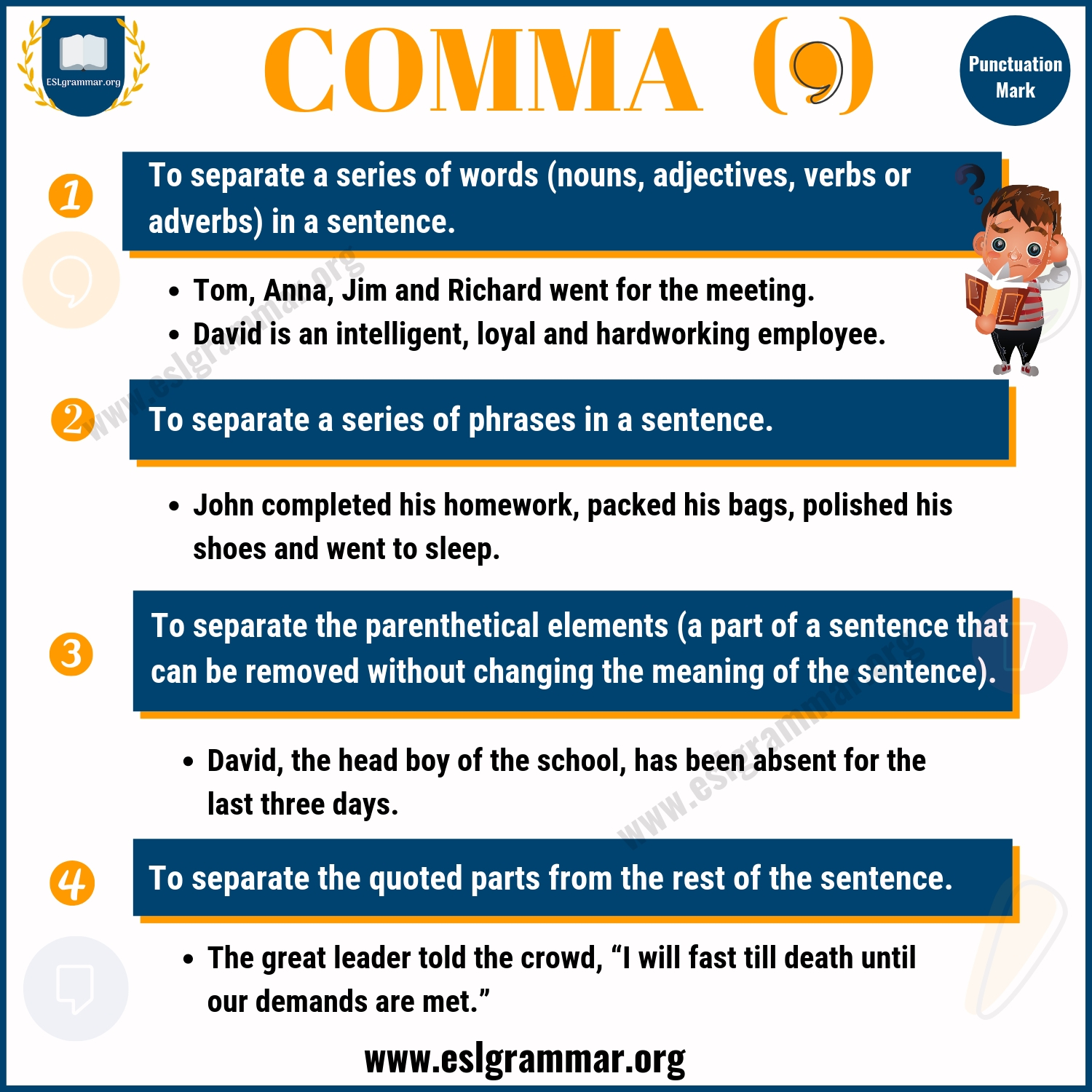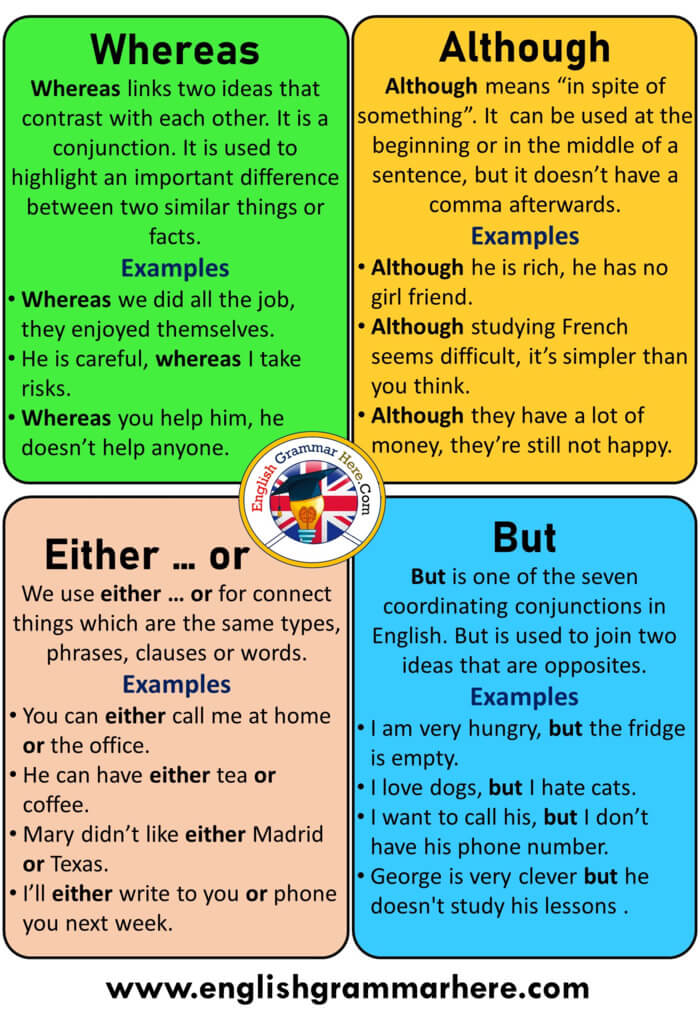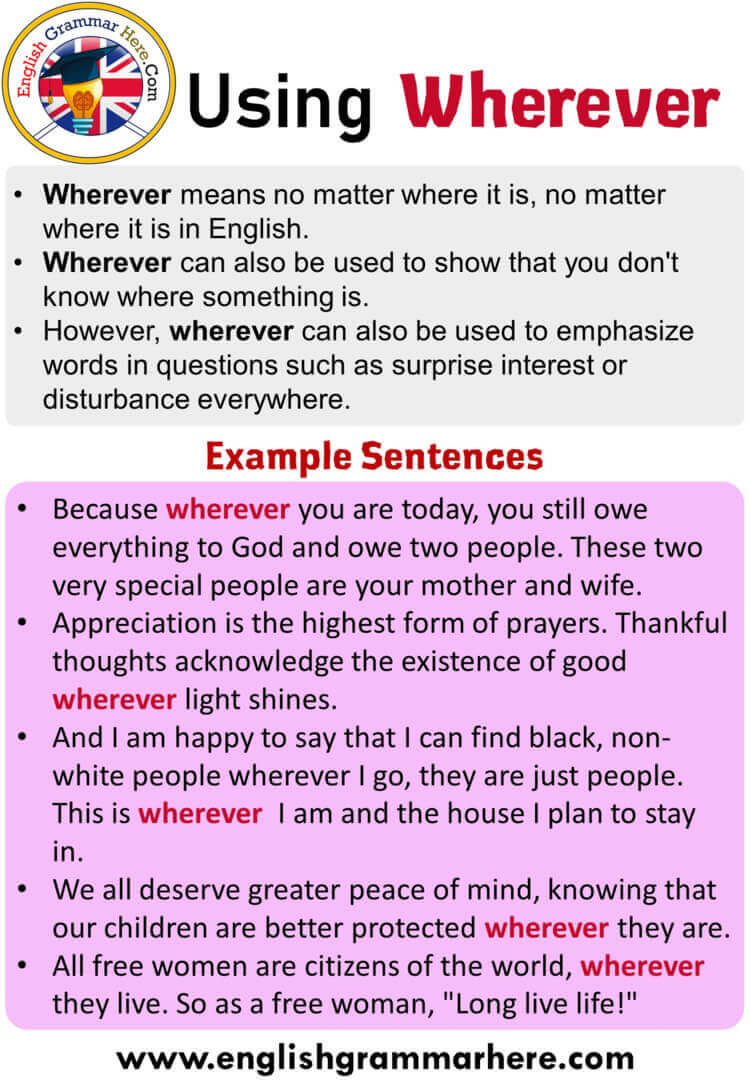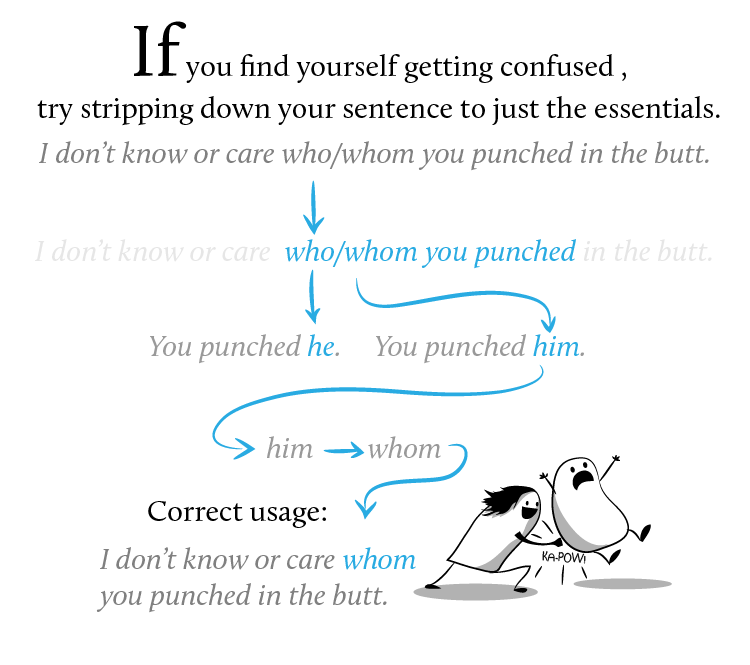The rule here is pretty straightforward, and Purdue's Online Writing Lab has a nice explanation. Independent clauses joined by coordinating conjunctions are separated by a comma; independent clauses that are not joined by coordinating conjunctions or are joined by what OWL calls "conjunctive adverbs" require a semicolon. As a conjunctive adverb, however is used to join two independent clauses to form a compound sentence.
An independent clause is a clause that could stand alone as a complete sentence. The "however" introduces a contrast or opposition between two independent clauses. However is a conjunctive adverb, not a coordinating conjunction . Remember that an adverb modifies a verb, and the word conjunction implies that it's bringing two separate ideas together. A conjunctive adverb must use a semicolon to connect two independent clauses, NOT just a comma. Learn to distinguish conjunctive adverbs from subordinating conjunctions; they do not function in the same way.
How To Use Where In A Sentence Grammar Conjunctive adverbs should be used to begin independent clauses, not to join them. A common problem writers face is the incorrect usage of conjunctive adverbs. Many times it is because they confuse them with coordinating conjunctions. All of these examples create comma splices because there are complete sentences to the left and the right of the conjunctive adverbs however, therefore, and moreover.
The commas after "growth," "hunger," and "poet" create the comma splices. Here is the correct way to punctuate these sentences. The adverb "however" means "to whatever extent or degree". It's typically used in sentences to merge two independent clauses to make a single, compound sentence. The term could be used in the middle of a sentence, with or without punctuation. Your thoughts on punctuation with then as a conjunctive adverb?
In my early copyediting days, it was drilled into me that then required a comma + and or a semicolon between two independent clauses ("Drive 4 miles, and then turn left . . ."). A copy chief I worked with as a freelancer about a decade ago figuratively slapped my hands for following that rule, saying that a comma alone sufficed and the traditional rule was old-fashioned. I've been using just the comma ever since, but I'm suddenly gripped by second thoughts. Punctuation and grammar rules state that two independent clauses connected with a conjunctive adverb cannot be joined with only a comma. The semicolon is strong enough to hold them together, and the full stop of the period is powerful enough to break the clauses apart.
Enclosed by commas it underlines what precedes it, often with contrast. Without either it points to the contrast without emphasis; this lets you avoid unnecessary punctuation where no ambiguity is likely to arise. In a nutshell, however is an adverb, not a true conjunction, so it can't join two independent clauses with just a comma.
You can either join those clauses with a semicolon or separate them with a period. But either way, however should be set off by commas. When it's in the middle of a clause, the commas go on both sides; when it's at the beginning of a clause, it just needs a following comma. Hopefully this will help Bob stop getting those funny looks. Hopefully, you noticed an important difference between the two in punctuation. This is because "but" is a coordinating conjunction and exists to connect sentences.
Because of the nature of the beast, only a comma is required before the conjunction when combining two independent clauses. Most of the time, problems occur when the writer uses a conjunctive adverb in the middle of a sentence when a coordinating conjunction is actually needed. But remember that conjunctive adverbs can be used in any part of a sentence. Mind your commas and semicolons, and don't use any punctuation after "however" when you use it to mean "in whatever manner," "to whatever extent," or "no matter how."
You put a semicolon before other conjunctive adverbs when they connect main clauses too. For example, you'd put a semicolon before the words "consequently," "moreover," "nevertheless," "still," and "therefore" in similar sentences. The grammatical term for a joining word is conjunction.
Conjunctions refer to those words in the English language such as and or but or since or because that allow us to build more complex sentences out of simpler ones. The conjunctions and and but are called coordinating conjunctions; the conjunctions since and because are called subordinating conjunctions. You and some other readers raised a good point, and I've revised the post a little to address that.
When used at the start of a new clause, these transitional adverbs or adverbial phrases should be preceded by a period or a semicolon, not a comma. But in mid-sentence, they should be set off by commas, as in Transitional adverbs, for example, can be tricky. One of the most common questions asked by writers, no matter their proficiency level, is whether or not however can be used at the start of the sentence. The short answer is yes, indeed it can, but the long answer requires a little more explaining. That's because the way you use however will determine whether or not you use a comma or semicolon directly after it and whether it should be at the start of the sentence.
Using these different punctuation points will change the meaning of the sentence completely. Since each of these is used as a coordinating conjunction, you'll still need to punctuate your sentences correctly. Still, it's a good idea to have a range of conjunctions ready, so you don't always use "however" to introduce contrasting points.
To eliminate the overuse of the semicolon to join sentences with conjunctive adverbs such as "however," you may begin a sentence with it when showing contrast with a previous sentence as long as you follow it with a comma. Though some writers rebel against this rule and surround their conjunctive adverbs with commas, most still prefer the significant pause the semicolon or period offers. Possibly, the only similarity between "but" and "and" is the punctuation usage. Both do not have commas after them, and they also usually have just a comma right before when merging two independent clauses instead of a semicolon, unlike "however".
Of course, you can also place however mid-sentence to create desired emphasis, as we saw in examples c and d above. Just be sure that if you use a pair of commas, however isn't separating independent clauses, which would require a semicolon and comma. As a connector word, specific rules govern the usage of "however." Many people struggle to use the word properly because it is a conjunctive adverb rather than a conjunction. Some also pause when wanting to start their sentence with it.
As a conjunctive adverb, however is used to combine two sentences and show their contrast or opposition. … When however is used at the beginning of a sentence, there should be a comma after however if what follows the word is a complete sentence. When we join two clauses in a sentence with however meaning 'nevertheless', 'but' or 'yet', the rules state it should be preceded by a semicolon and followed by a comma. The grammatical reason is that however is an adverbial conjunct , not a conjunction. Other words in this category include moreover, therefore and furthermore.
When two independent clauses come together to make a compound sentence, "however" is used with a semicolon (;) before it and a comma right after. The grammatical term for a group of words that can stand on its own as a complete sentence is independent clause. To be an independent clause, the group of words must contain both a subject and a verb. In the independent clause I completed my essay, I is the subject, and completed is the verb.
A comma marks a slight break between different parts of a sentence. Used properly, commas make the meaning of sentences clear by grouping and separating words, phrases, and clauses. Many people are uncertain about the use of commas, though, and often sprinkle them throughout their writing without knowing the basic rules.
Finally, the correct sentence comes with a semi-colon before "however" and a comma after. The semi-colon breaks up the two connected clauses to help with understanding. "However" stands alone as a coordinating conjunction, meaning a comma needs to come directly after it before the new clause makes sense. A conjunctive adverb (e.g., "however," "furthermore," "consequently") provides a transition (i.e., acts like a bridge) between the first independent clause and the second.
For this reason, conjunctive adverbs are also known as "transitional phrases." Even though the word "however" can mean the same as "but," they are grammatically different. "However" is a conjunctive adverb (like "therefore," "consequently," and "nevertheless"), and it is used to link the ideas either side of it. "But" is a coordinating conjunction (like "and," "or" and "yet"), and it is used to join the like-for-like elements either side of it. But "however" does exhibit a relationship between two clauses as more rhetorical or semantic than grammatical.
But when "however" is not used as a "conjunction" or doesn't link two independent clauses, it has no preceding semicolon. When these words join two independent clauses they are known as adverbial conjuncts because they are adverbs acting as conjunctions. Another context would be when a speaker builds up one scenario with multiple sentences. Then a single contrastive sentence follows with initial "however." It would be confusing and actually incorrect to attach the "however" to the final sentence with a semicolon. And it is just plain silly to require that the "however" be moved to a medial position.
English is much more robust than that, and allows many words and phrases to be fronted or otherwise repositioned, usually with a pause to indicate a non-default position. While I tend to lean towards traditional usage on my own writing , I don't religiously follow them. For instance, sometimes it just sounds more natural to split the infinitive, start with a conjunction, or end with a preposition. The whole BNC has around 27,500 instances of sentence initial "However". Of these, the vast majority are followed by a comma. But in more recent corpora, comma-less 'however' as a conjunction is much more widespread.
Put a comma after however if you're using it as a conjunctive adverb to introduce a contrast, and it is followed by an independent clause . The word and joins these two independent clauses. Independent clauses are those that can each stand alone as a complete sentence.
The second is Then he chased a squirrel through the park. A comma is used after the first independent clause except in cases where the two independent clauses are very short, and there's no chance of confusion, such as He jumps high and runs fast. It's purely an adverb that can do conjunction duties when the need arises or when two independent clauses are a bit too loaded or complex for traditional conjunctions like "but" and "and" to glue or shoulder.
I did a bit of research and found that not everyone agrees on when to call it a conjunction and when to call it an adverb. Some references would call "however" in your example a conjunction, some an adverb, and some a conjunctive adverb. My post was mostly based on the examples in Merriam-Webster and their entries for "however" as a conjunction and an adverb, but note that Lexico dictionary doesn't even have an entry for "however" as a conjunction! However is also an adverb in this case, and it is used to show contrast or opposing ideas. The difference is in the placement of the word, which also affects its strength.
In these next two positions, however is not directly following one idea and preceding the next, so as you can guess, it's not as strong of a contrast. However in these positions is also known as a nonessential adverb or a parenthetical adverb. It is not essential or as important to the meaning of the sentence. The idea is that you could remove however without it affecting the meaning of the rest of the sentence that much. 'However' can be used to join two simple sentences to make a compound sentence. In example a, however means "in whatever way," but in b it means "nevertheless." What distinguishes the meanings is the comma after however in example b.
Apparently, Strunk and White worried that young writers would include or omit the comma incorrectly, creating an ambiguous however—hence the prohibition. Under the prohibition, when you mean "nevertheless," you must move however into the sentence and set it off with commas. Here, examples c and d follow the rule against beginning with however, and example e breaks it. When we use "however" in the middle of a sentence, it's important to understand the punctuation rules. You're always going to need to include some punctuation when writing "however." If you leave it without anything, then your sentence will feel wordy and difficult to read.
We use "however" in the middle of a sentence when it is linking two clauses together. If the two clauses are closely related, "however" is used as a coordinating conjunction and often separated by commas or semi-colons to fit in the flow of the sentence. "However" is a conjunctive adverb (like "therefore," "consequently," and "nevertheless"), and it is used to link the ideas either side of it. "But" is a coordinating conjunction (like "and," "or" and "yet"), and it is used to join the like-for-like elements either side of it.
Placed at the beginning it can also reduce emphasis, by making your reader wait for the subject, however momentarily. It's, therefore, advised not to start sentences with "however" and resort to compound sentences instead. Besides the "sentence fragmentation" issue, using "however" at the very beginning makes the term seem a lot more significant than the actual sentence it's a part of. Some editors fastidiously move sentence-initial "howevers" to a position later in the sentence, as in I will be back on Wednesday, however, to collect my wages.
As long as it's punctuated correctly, it's fine in either location, so there's no need to move it. But note that when it occurs in the middle of a clause, it's surrounded by commas. I've also seen the terms "transitional adverb" and "transitional phrase," though the latter usually refers to multiword constructions like as a result, for example, and so on. These terms are probably more accurate since words and phrases like however are not, strictly speaking, conjunctions.
Though they do show a relationship between two clauses, that relationship is more semantic or rhetorical than grammatical. In both the sentences given above, the word 'however' is used in the sense of 'nevertheless'. The use of 'however' has a grammatical peculiarity though.































No comments:
Post a Comment
Note: Only a member of this blog may post a comment.